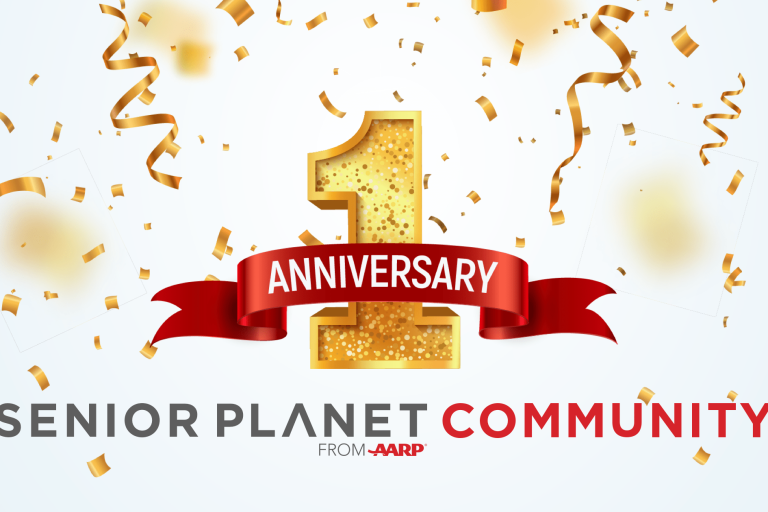We live in an unprecedented era of rapidly changing news and information, with access right at our fingertips. Recently, misinformation about the coronavirus pandemic has heightened our awareness about the spread of fake news across the globe and our susceptibility to fall for it. Paired with the 2020 U.S. presidential election coverage, many are daunted by the sheer scale of information to wade through and experts are calling for increased digital literacy across age groups.
NewsGuard maintains a browser extension that provides nutrition facts for websites’ reputations, including a Coronavirus Misinformation Tracking Center. It lists websites publishing materially false information about the virus (you can add or report any you come across by reporting it here. So far, the most prevalent coronavirus conspiracy theory in the U.S., Italy, Germany, France, and the U.K. is that the virus originated in a Chinese military laboratory in Wuhan. Another website disseminated a phony report from “Stanford University” that said if you could hold your breath for 10-20 seconds without coughing you were free of the virus.
How to find the truth
In this challenging environment, Senior Planet/OATS is uniquely positioned to offer educational opportunities for older adults to decipher what is truth. Following nationwide attention for the feature on NPR’s All Things Considered, which profiled the new “How to Spot Fake News” program (listen here), Senior Planet is eager to continue offering a series of programs developed to empower seniors to detect fake news.
On March 25th, you can tune into a virtual version of the now highly sought after “How to Spot Fake News” program. Learn details here, and note that the time is EST. Additionally, Senior Planet members will have access to an exclusive offering of the Fake News program on March 31st. This will all lead up to a special virtual panel discussion on April 21st: Fake News in Our World Today.
What is Fake News?
In the digital age, anyone can publish anything on the internet. “Fake news” refers to false stories that appear to be news, spread on the internet, usually created to influence political views or as a joke. It’s now imperative to understand the ecosystem of fake news – how it’s created, distributed, shared and believed – so that it can be detected immediately. “Our goal in creating programs on fake news is not to convince someone to listen to certain political positions over others or to place any blame. It’s about making sure everyone has access to the tools they need to cut through the noise,” says OATS Communications Director Melissa Sakow.
Many times, when consuming information, we simply forget to account for confirmation bias, the tendency to interpret new evidence as confirmation of one’s existing beliefs or theories. Some believe that they can identify fake news without any assistance or special awareness. One Senior Planet member, Patricia Cramer, sums it up perfectly, “I had never taken ‘fake news’ seriously, because I believed that I could recognize incorrect information when I read it or heard it.”
Helpful Strategies
Empowered by what she had learned from the “How to Spot Fake News” program, Cramer points out, “I now realize that fake news is much more complicated and insidious than I thought it to be.” The highly popular program provides unbiased, non-partisan insight into what all “Fake News” emcompasses and covers what someone is likely to encounter online–sponsored content, propaganda, deepfakes. Most important, it introduces strategies for evaluating news sources and popular fact-checking sites. “I had no knowledge of fake news, other than it being used during the 2016 election. I am so glad to know about websites such as Snopes.org, Politifact.com, or FactCheck.org. Now I know where to turn if I have any questionable news,” says Senior Planet member Su Yang.
The term “Post Truth”- the phenomenon where facts are less influential in shaping public opinion than appeals to emotion and personal belief – became popular in 2016 amidst the U.S. presidential election and the EU “Brexit” referendum in the U.K.
Fake news is not new, though; as long as words could be spoken or pen put to paper, misinformation has been around either intentionally or mistakenly. As one Guardian article put it: “The age of post-truth, indeed, stretches as far back as you care to look, there has never been a golden age of transparency.”
Questions to consider
Whether or not the concept of fake news is new, consuming information especially now requires having a toolbox of skills. It can be especially helpful to use a series of questions that can assist in evaluating new information. When working to determine whether something is real, ask yourself:
- Who wrote the information?
- What credentials does the article’s author have?
- Is the information up-to-date?
- Is the website reputable?
- Are they trying to sell you a product?
- Is a company or organization sponsoring the website?
- Does the website support alternate or differing views of the topic being discussed?
In many cases asking questions like these is a really great place to start.
For reliable information on the COVID-19 virus, please consult the websites of public health institutions such as the U.S. Centers for Disease Control and Prevention and the World Health Organization.
Photo by Elijah O’Donnell on Unsplash





COMMENTS
4 responses to “Spotting Fake News”
I tend to rely on NPR and PBS for “real” news, although I have noticed that both recently tend to lean more to the left than previously. Then, I think to myself “Maybe the real news is more left-favoring.”
However, I’ve often thought that the country would be much better off if Fox News and MSNBC both disappeared. Their slants on news are so biased that I mistrust both.
I like the network news, all three channels, even though there’s rarely any in-depth news. I don’t believe that’s their niche.
invalid data1
Why do i see this?
Hi Bruce- Thanks for alerting us to this. You should be able to take the poll now!
Mostly, I agree, but you do us a disservice by not mentioning the major network’s opinion-based reporting as “news.” No matter which network you prefer, there is another network with an alternative view. Yes, we use computers (although fewer Seniors twitter or tweet), and it is certainly home to conspiracy followers; but most of us still turn to the evening “news” on TV and that has become so politically biased as to be considered in any analysis of “fake” news.
Sign Up for Newsletters
There’s always a lot going on in the Senior Planet universe. Get our newsletters to make sure you never miss a thing!
Sign Up Now